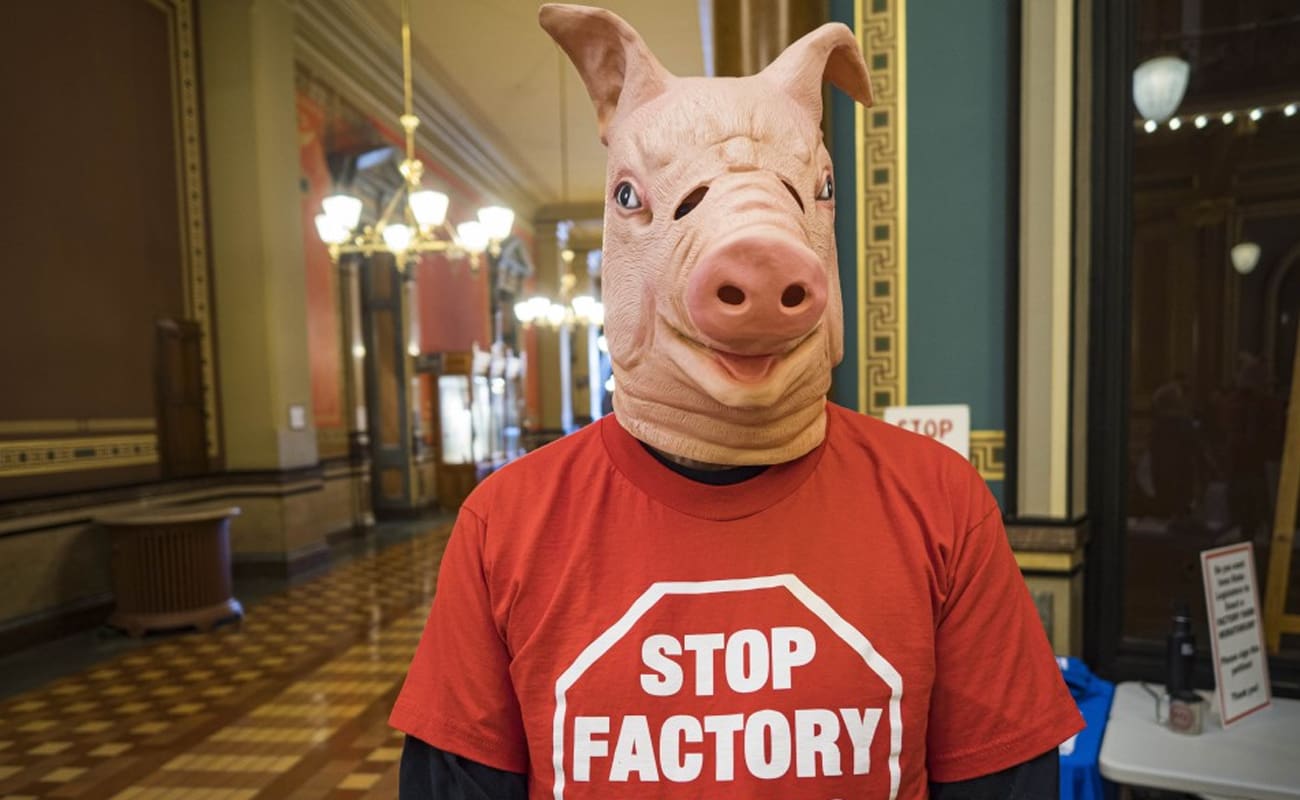Take Action is where awareness turns into empowerment. This category serves as a practical roadmap for individuals who want to align their values with their actions and become active participants in building a kinder, more sustainable world. From everyday lifestyle changes to large-scale advocacy efforts, it explores diverse pathways toward ethical living and systemic transformation.
Covering a wide range of topics—from sustainable eating and conscious consumerism to legal reform, public education, and grassroots mobilization—this category provides the tools and insights necessary for meaningful participation in the vegan movement. Whether you’re exploring plant-based diets, learning how to navigate myths and misconceptions, or seeking guidance on political engagement and policy reform, each subsection offers actionable knowledge tailored to various stages of transition and involvement.
More than a call to personal change, Take Action highlights the power of community organizing, civic advocacy, and collective voice in shaping a more compassionate and equitable world. It underscores that change is not only possible—it is already happening. Whether you’re a newcomer seeking simple steps or an experienced advocate pushing for reform, Take Action provides the resources, stories, and tools to inspire meaningful impact—proving that every choice counts and that together, we can create a more just and compassionate world.
Animal cruelty in factory farms is a pressing issue that demands attention and action. The growing awareness of this problem has led many individuals to adopt a vegan lifestyle as a way to combat animal cruelty. Veganism, which involves abstaining from the consumption and use of any animal products, plays a crucial role in reducing animal suffering in factory farms. By eliminating the demand for animal products, veganism directly challenges the practices of industrialized animal farming and supports the ethical treatment of animals. In this blog post, we will delve into the role of veganism in reducing animal cruelty in factory farms and explore the benefits of choosing a vegan lifestyle. Join us as we examine the link between factory farms and animal cruelty, discuss the contribution of veganism in reducing suffering, and shed light on the ethical considerations of factory farming. We will also explore how veganism can break …


























































